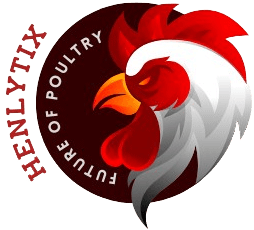The rooster has carried layers of symbolism across centuries, weaving itself into the tapestry of human cultures and traditions. From the early dawn, when its crows are heard even at 3 a.m., to its role as the protective counterpart of the flock, this animal has become an epitome of courage and virtue.
In Japan, the story of Amaterasu, the goddess of the Sun, tells how sacred songs lured her from the cave, a powerful manifestation of Light. This shows how different peoples see the rooster not just as a chicken or cockerel, but as a guide to higher meaning.
Across continents, the rooster connects with faiths, religions, and mythologies. In the Chinese zodiac, it holds the 10th place in the 12-year cycle, representing punctuality, fidelity, and honesty. For the Native American tradition, the rooster’s symbol stretches beyond its territorial stance or observations of birds.
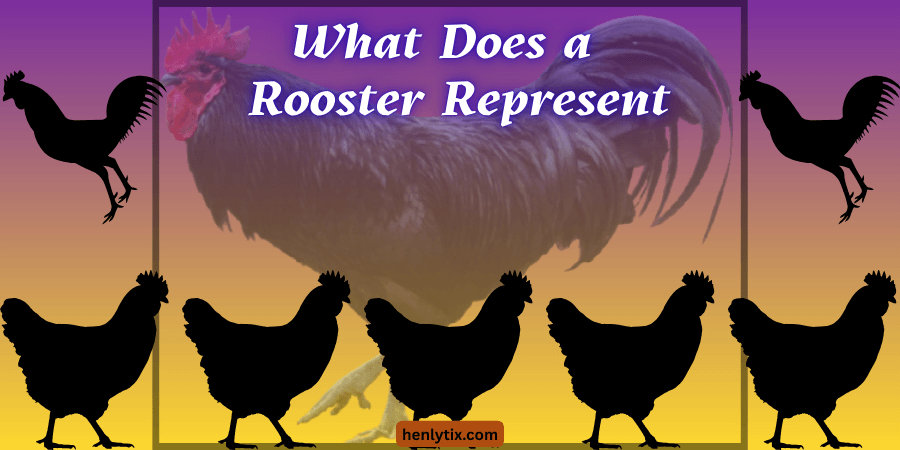
It becomes a spiritual sign of positivity, strength, and prudence, reminding us of universals that link all peoples under the Sun. Such interpretations highlight how the rooster bridges spiritual beliefs with everyday significance.
From the Far Eastern Japanese lens to India’s attribute of Skandha as a personification of solar energy, the rooster is praised for its bravery, masculinity, and sexuality. I have often seen in rural life how chickens and roosters carry enthusiasm and pride, guarding their space with fierce courage.
These observance patterns reflect not only traditions but also human values of strength, positivity, and spiritual depth. In this way, the rooster becomes more than just an animal—it is a timeless symbol of meaning, woven into the cultures of the world.
What Does a Rooster Symbolize-Short Answer
The rooster symbolizes courage, vigilance, and spiritual awakening. Across cultures, it represents strength, masculinity, punctuality, and protection. Tied to the rising sun, it reflects renewal and the triumph of light over darkness. In traditions from Japan to China and Native America, the rooster embodies honesty, nurturing care, fertility, and good luck—serving as both a guardian of spirit and a symbol of life’s rhythm and resilience.
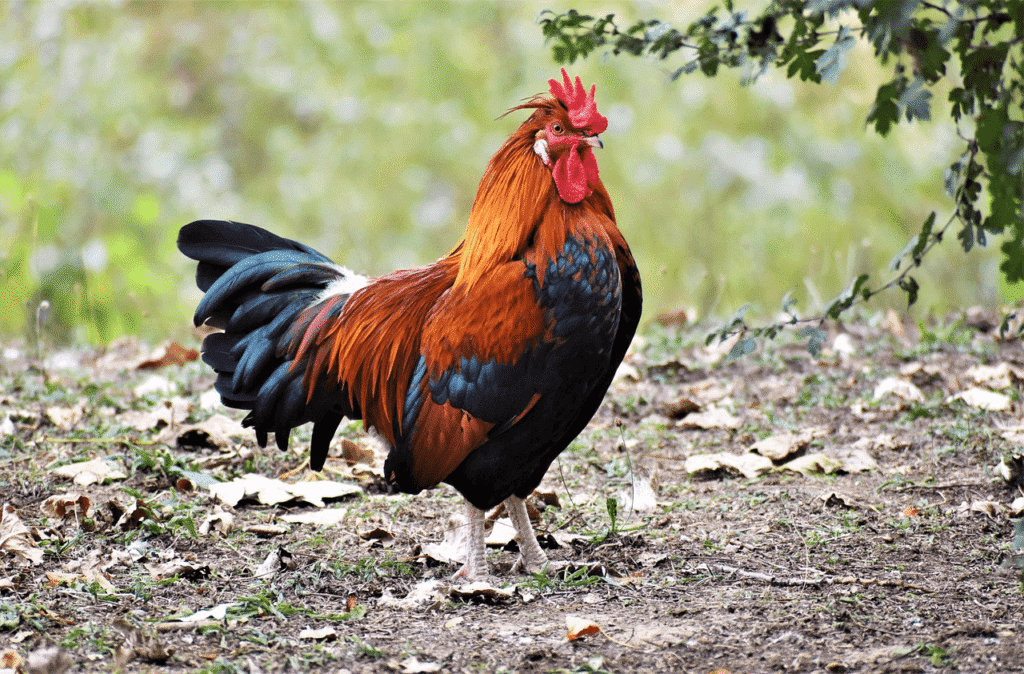
Nurturing Life and the Spirit of Harvest
The rooster is often tied to the agricultural world, where its presence reflects farm life, work, and the cycle of planting and harvest. In many rural landscapes, people value roosters and chickens not only as sources of food, eggs, and fertilizer, but also as symbols of sustenance, self-sufficiency, and hard traditions.
Over centuries, their presence has stood for control of pest problems, the rhythm of life, and the themes of interconnectedness between humans and nature.
I have seen firsthand in village settings how their instincts and practices help maintain balance, linking cultures with the land.
At the same time, roosters and chickens represent fertility, motherhood, and nurturing care. The maternal act of tending to chicks, providing protection, and showing deep instincts for survival becomes a symbol of care and beginnings.
In some rituals and offerings, gifts of eggs carry wishes for abundance, renewal, and growth. Such practices highlight the symbols of motherhood that echo across cultures, blending traditions of nurturing with the values of sustenance and offering.
Awakening Strength and Protective Watch
The rooster has long been seen as a symbol of courage, bravery, and leadership. Its bold demeanor and constant vigilance give a sense of readiness and alertness, showing the ability to protect the flock from predators.
In many cultures and traditions, the rooster—including the gentle yet alert Silkie Rooster—is revered as an embodiment of strength, watchfulness, and nurturing care, often linked with facing challenges and sending a warning or call when danger comes.
From my own view, I see how its qualities inspire hope and the will to stand firm in darkness, reminding us that even small creatures can hold powerful lessons.
At the same time, Roosters are tied to dawn, daybreak, and the rising sun, when their crowing becomes a proclamation of a new day. This awakening is more than just sound; it carries themes of renewal, enlightenment, and the triumph of light over darkness.
In different mythologies, their role shows the association with victory and symbols of nature’s cycles. The rooster’s steady start each morning reflects deeper themes of life, reminding us of the connection between daily rhythms and timeless lessons of resilience and growth.
Guardians of Spirit and Symbols of Joy
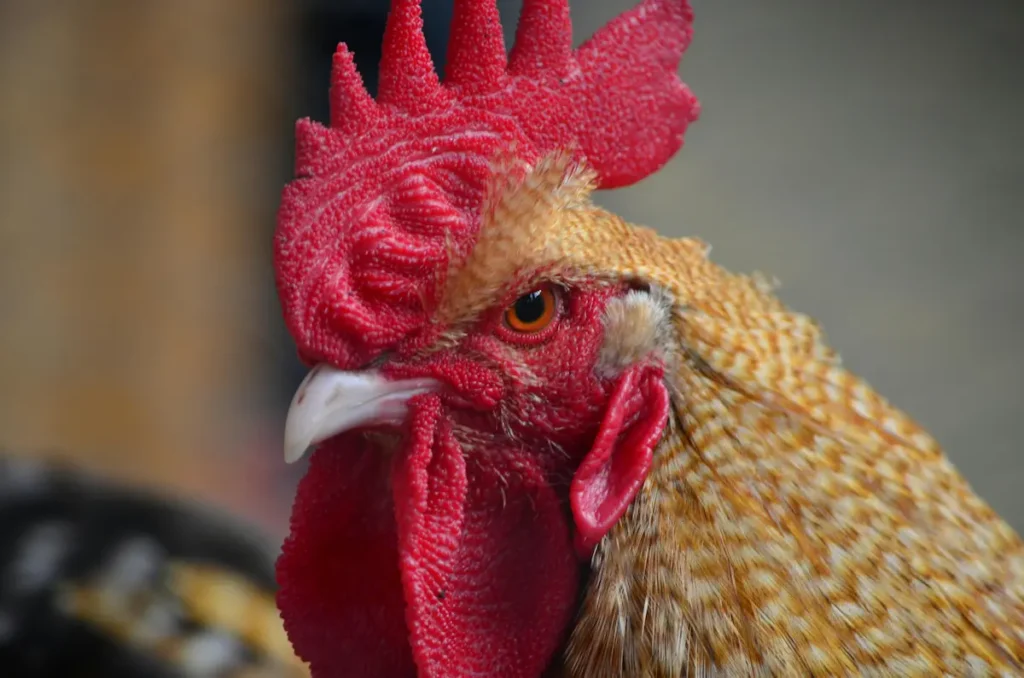
The rooster has long been linked to religious and cultural ceremonies, where sacrifice and celebrations reflected the beliefs of ancient cultures. In many places, chickens and roosters were offered to gods and spirits to appease them, asking for prosperity and protection. These rituals and feasts carried deep symbolism, with sacrificing an animal seen as a way to connect with the realm beyond.
I have observed in rural settings how shared community practices during festive occasions bring joy, strengthening the sense of unity among people. In such villages, it’s also common to remove rooster spurs as a part of care and safety—both for the flock and during ceremonial handling—highlighting how even small details reflect the deep relationship between people and animals.
At the same time, roosters were seen as spiritual guardians and messengers, especially in Chinese mythology where they are part of the twelve zodiac animals, symbolizing punctuality, honesty, and timekeeping. Their movements, behaviors, and even small omens were treated as signs from the realm of the unseen.
Such abilities made them more than just farm creatures; they became guiding figures across systems of faith. In this way, the rooster’s roles in cultures reveal both its power as a guardian and its place in celebrations, blending the spiritual with the earthly.
Gender Symbolism
The contrast between the hen and roosters has given rise to many interpretations of gender roles in folklore, art, and literature. The maternal and nurturing qualities of the female bird highlight femininity, while the assertiveness, protective instincts, and strong traits of the male bird emphasize masculinity. These characteristics are seen as symbolic aspects that represent human energies,
shaping cultural symbolism and revealing how chickens have carried meaning beyond the farm into deeper ideas of balance and identity. In rural life, I’ve often observed how easy it is to distinguish a Wyandotte Rooster from a Hen by their physical traits and bold behavior—offering not just a visual difference, but also a symbolic one reflecting traditional gender roles and energies in nature.
Roosters are a sign of good luck
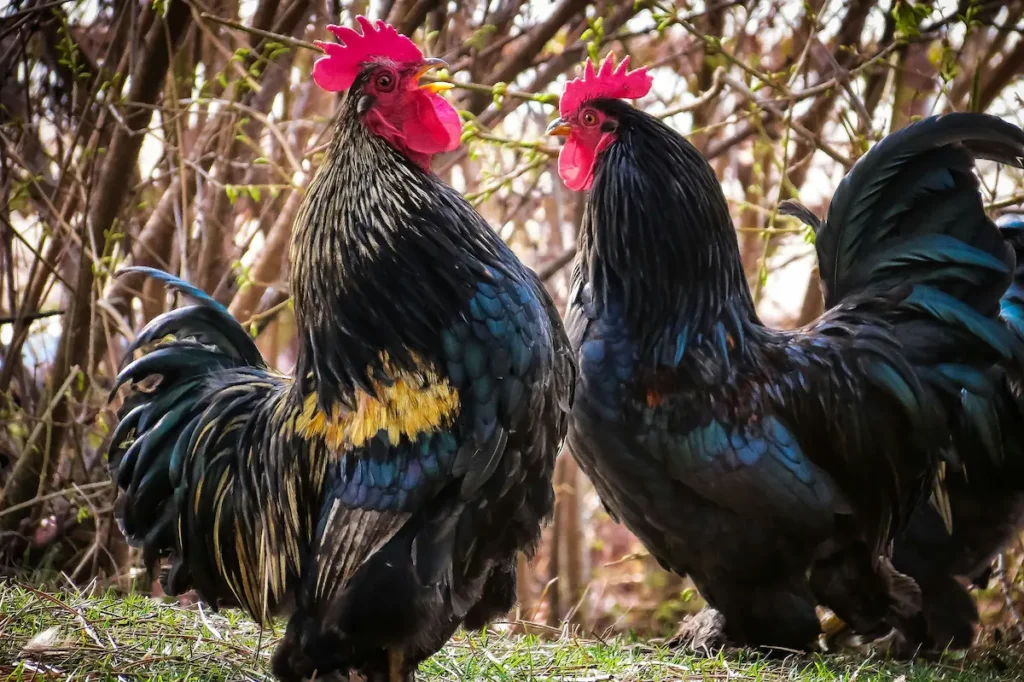
Roosters are often seen as a symbol of luck, guiding a person to trust their voice and follow the spirit of life with confidence and bravery. In many homes, even a rooster in the kitchen is believed to bring good fortune, as it reminds people to accomplish their goals in the present. This animal also teaches us with candor and a witty personality, carrying a fiery yet passionate nature that reflects energy and enthusiastic strength.
Through its intense ways, it awakens possibilities, reveals opportunities, and sometimes brings unexpected blessings that run parallel with human hopes and dreams, offering immense encouragement and help to move forward.
What does a rooster symbolize in dreams?
When a rooster appears in your dreams, it often has significant meaning. One of the most common reasons for its presence is that it acts as a wake-up call, urging you to pay attention to something in your life. This could be a warning to change your perspective or shift your thought process.
It’s as if the rooster is signaling you to wake up from a state of unawareness or routine and look at things from a fresh angle. I’ve noticed how this symbol often appears when people are at a crossroads, calling them to reassess their current path.
Frequently Asked Questions
What is the spiritual meaning of the rooster?
The rooster spiritually symbolizes new beginnings, courage, and vigilance. Its crowing at dawn brings light and opportunities, while representing self-expression. Culturally, it is associated with honesty and punctuality, and acts as a spiritual guardian. In Christianity, it signifies Christ’s resurrection and the triumph of light over darkness. In folklore, the rooster is believed to scare away evil spirits.
What does the Bible say about roosters?
In Matthew 26:75, Peter heard the rooster crowing and remembered Jesus’ words: “Before the rooster crows, you will deny me three times.” Realizing the truth, Peter wept bitterly, confronted by the awful reality of his actions.
Is a rooster good luck?
In China and Japan, the rooster is a symbol of good luck, representing prosperity, growth, and success. Its crow at dawn marks the start of a new day, symbolizing new beginnings. The rooster is associated with punctuality and courage, making it a powerful symbol of positive change and opportunity.
What god is represented by a rooster?
In Greek and Roman mythology, the rooster is linked to gods like Mars, Minerva, and Asclepius. Mars represents pugnacity and war, Minerva reflects readiness and wisdom, while Asclepius connects with healing. Each god shows a different personality and sphere of influence of the rooster.
conclusion
The rooster stands as a powerful symbol woven into the fabric of various cultures and beliefs. Whether representing courage, fertility, awakening, or spiritual guardianship, the rooster is more than just a farm animal. Its role in folklore, mythology, and everyday life highlights its significance in guiding, protecting, and celebrating the cycles of life.
From its crowing at dawn to its symbolism in dreams and religions, the rooster serves as a reminder of strength, honesty, and new beginnings, making it a timeless and universal symbol across cultures.
